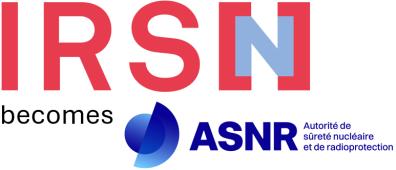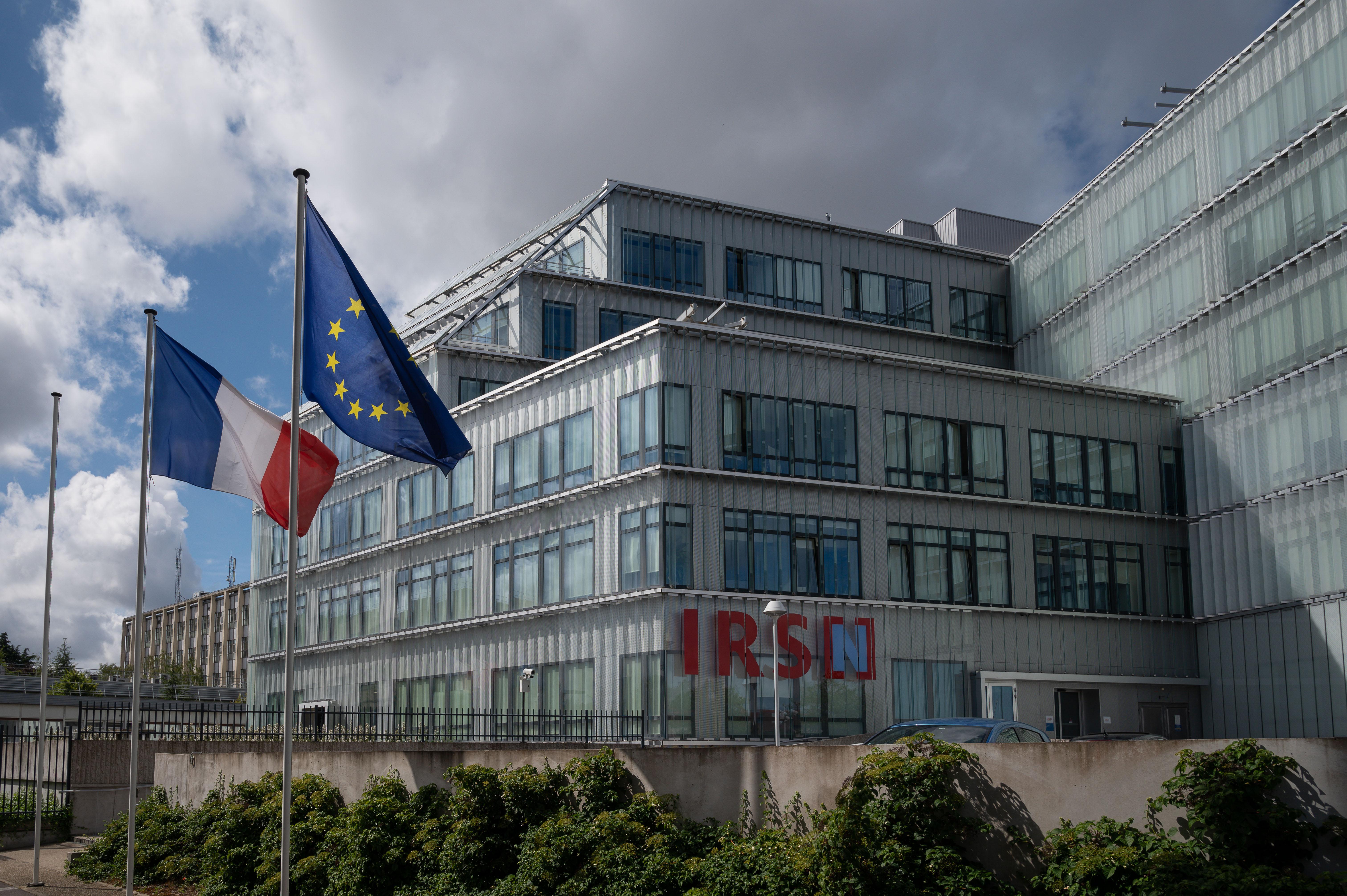Openness to society

Governance
By adopting a Charter of Openness to Society in 2009, IRSN has embarked on a proactive policy in this area. The Charter sets out two categories of commitments: 3 commitments aimed at improving risk assessment through enhanced dialogue with society, and 3 commitments to enable the implementation of openness to society. Our major ambition is to help meet the expectations of a society that is increasingly concerned about nuclear and radiological safety issues.
Partnerships
IRSN and the Local Information Commissions (CLI) are committed to dialogue, particularly in terms of access to the Institute's scientific and technical knowledge. The program includes training and assistance for CLIs, pluralistic expert assessments and the sharing of information on IRSN's activities.
Since the cooperation agreement between IRSN and the Association Nationale des Comités et Commissions Locales d'Information (CLI) in January 2003, numerous joint initiatives have been undertaken, first in the field of environment and health, then in that of nuclear safety.
This regularly-updated dossier presents the seminars and information days organized by IRSN and ANCCLI, and also gives access to the presentations and reports resulting from this work.
Today, IRSN has a network of technical "correspondents" to help CLIs monitor their facilities. The following CLIs benefit from this system.
-
- Bugey
- Chinon
- Flamanville
- Gravelines
-
- Cadarache
- Fontenay-aux-Roses
- Marcoule
- Saclay
-
- Andra's underground research laboratory at Bure
Sharing knowledge
In addition to making information available, and as a continuation of the actions undertaken in previous contracts of objectives, the Institute is continuing this work of acculturation and dialogue within the framework of thematic exchange seminars, enabling targeted scientific information and in-depth knowledge to be shared openly and made available to players in civil society.
For example, seminars have been held on topics such as high-level and long-lived intermediate-level waste, environmental and health monitoring, safety, radon gas and post-accident management. IRSN is keen to involve civil society in the organization of these seminars, by co-constructing this type of event with them.
What's more, these seminars provide an opportunity to diversify viewpoints, with presentations on the experiences of civil society players, as well as organizations from fields other than nuclear power. Thanks to this sharing of information, civil society is able to build up its skills and develop its own expertise. For example, in the wake of the dialogue initiated after the Fukushima-Daiichi accident on March 11, 2011, civil society players such as certain Cli, Greenpeace and the Groupement scientifique pour l'information sur l'énergie nucléaire have published their own expert reports. The Institute is also enriched by these exchanges, which feed into its own expertise.
Technical dialogues
Technical dialogue is a process of interaction with civil society, enabling the various stakeholders and the general public to discuss the technical issues involved in a case under appraisal. It is part of the objective of involving civil society in public decision-making. In order to identify, discuss and appropriate the various points of view, expectations, concerns and questions, this dialogue takes place over as long a period as possible.
Participatory science and research
-
OpenRadiation is an open data and open source system enabling citizens to take part in monitoring radioactivity in the environment. Thanks to a sensor connected to a smartphone, radioactivity measurements are shared, unfiltered, on a website providing a platform for exchange between contributors, and where, measurement after measurement, a citizen cartography of ambient radioactivity is built up.
Conceived in the context of feedback from the Fukushima accident, where identical initiatives have emerged, OpenRadiation could also be used in the event of a nuclear accident: to enable the public to produce data useful for assessing the radiological situation, both for themselves and to fuel dialogue with the authorities in charge of post-accident management. -
The LILAS project, initiated by IRSN, brought together a pluralistic group of players from diverse backgrounds - researchers and representatives of civil society - to gain a better collective understanding of various methodological approaches to health-environment research. The aim was to lay a consolidated foundation for the co-construction of future participatory research projects on environmental multi-exposure, in particular the joint impact of multi-exposure to ionizing radiation and other environmental stressors on human health.
Opening in territories
In recent years, the Institute's second priority has been to develop initiatives that are directly rooted in local communities. The Institute's aim is to reach out to all those potentially exposed to ionizing radiation, not just those living near nuclear facilities, and to work on issues other than those related to these facilities, and with other types of players in the areas concerned.
Joint risk assessment
IRSN fosters and supports the development of skills among society's stakeholders, so that they can contribute to greater vigilance with regard to risks, through their involvement in risk assessment and their ability to build up independent expertise.

